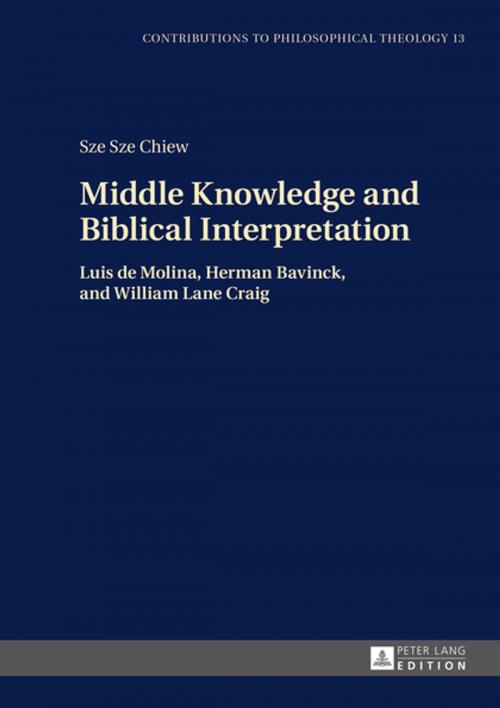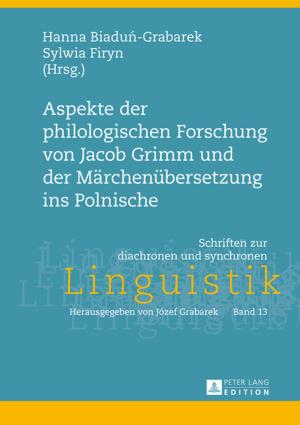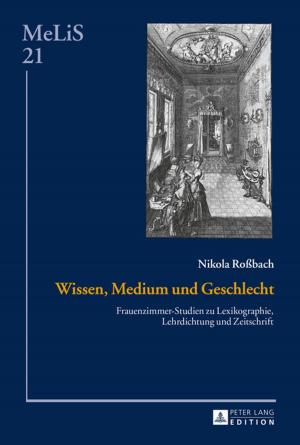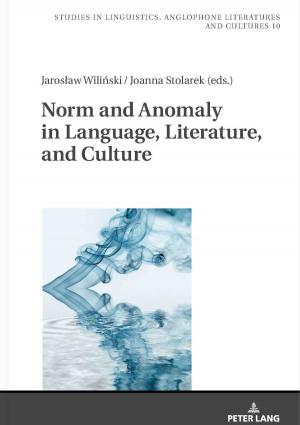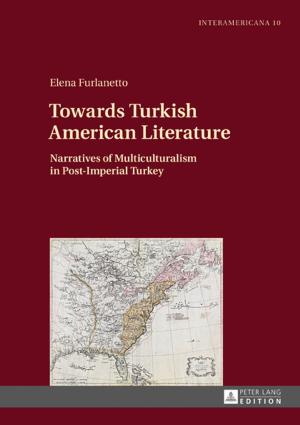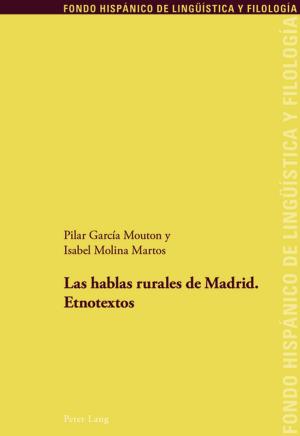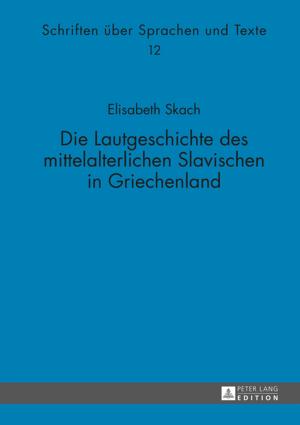Middle Knowledge and Biblical Interpretation
Luis de Molina, Herman Bavinck, and William Lane Craig
Nonfiction, Religion & Spirituality, Theology, Philosophy, Christianity| Author: | Sze Sze Chiew | ISBN: | 9783653961881 |
| Publisher: | Peter Lang | Publication: | June 16, 2016 |
| Imprint: | Peter Lang GmbH, Internationaler Verlag der Wissenschaften | Language: | English |
| Author: | Sze Sze Chiew |
| ISBN: | 9783653961881 |
| Publisher: | Peter Lang |
| Publication: | June 16, 2016 |
| Imprint: | Peter Lang GmbH, Internationaler Verlag der Wissenschaften |
| Language: | English |
If God knows human actions in advance, do humans really have freedom of choice? Throughout the centuries various solutions have been offered as to how to retain or reconcile both the concepts of divine omniscience and human freedom. One solution focuses on the idea of middle knowledge. This theory originates with the Spanish Jesuit Luis de Molina, was contested by Reformed theologians such as Herman Bavinck, and makes a remarkable comeback among present-day analytical philosophers such as William Lane Craig.
Apart from a wealth of philosophical considerations, the appeal to biblical texts also plays an important role in the work on middle knowledge by each of these thinkers. The book examines their writings and investigates how contemporary biblical scholars interpret the biblical texts used by them. The author elaborates a creative proposal as to how these gained insights apply to the theory of middle knowledge and what this means for our overall evaluation of this theory.
If God knows human actions in advance, do humans really have freedom of choice? Throughout the centuries various solutions have been offered as to how to retain or reconcile both the concepts of divine omniscience and human freedom. One solution focuses on the idea of middle knowledge. This theory originates with the Spanish Jesuit Luis de Molina, was contested by Reformed theologians such as Herman Bavinck, and makes a remarkable comeback among present-day analytical philosophers such as William Lane Craig.
Apart from a wealth of philosophical considerations, the appeal to biblical texts also plays an important role in the work on middle knowledge by each of these thinkers. The book examines their writings and investigates how contemporary biblical scholars interpret the biblical texts used by them. The author elaborates a creative proposal as to how these gained insights apply to the theory of middle knowledge and what this means for our overall evaluation of this theory.
